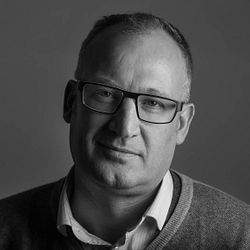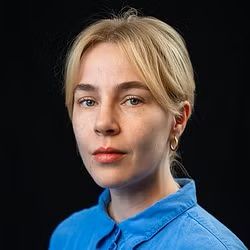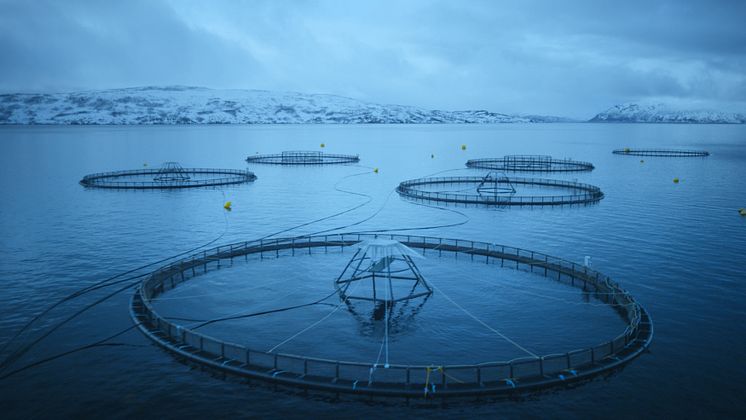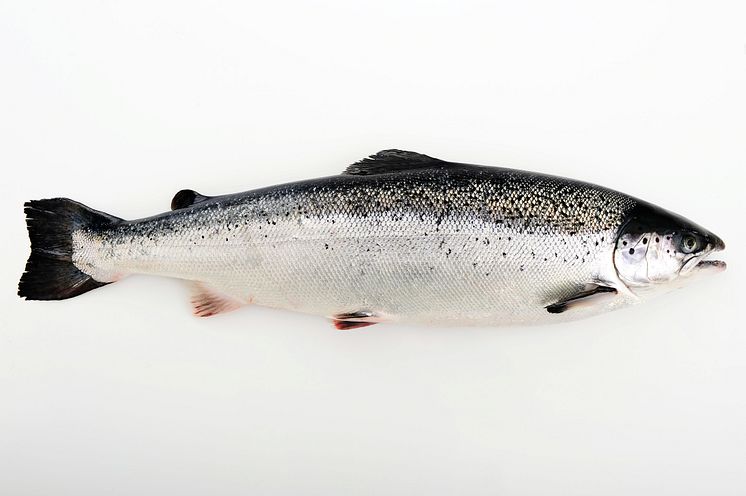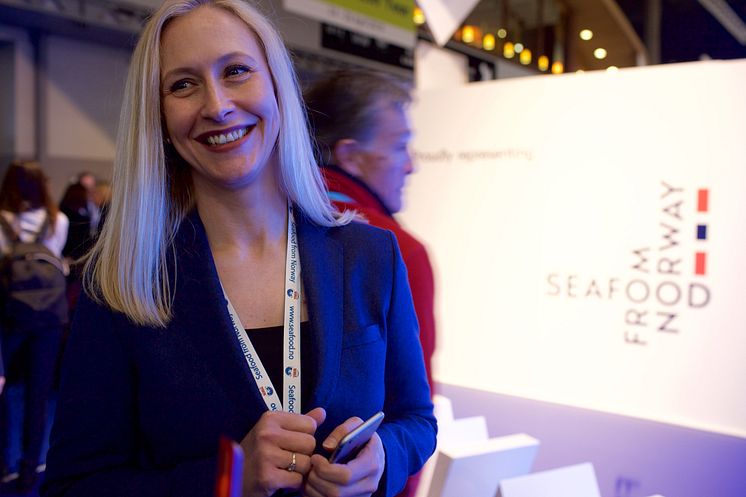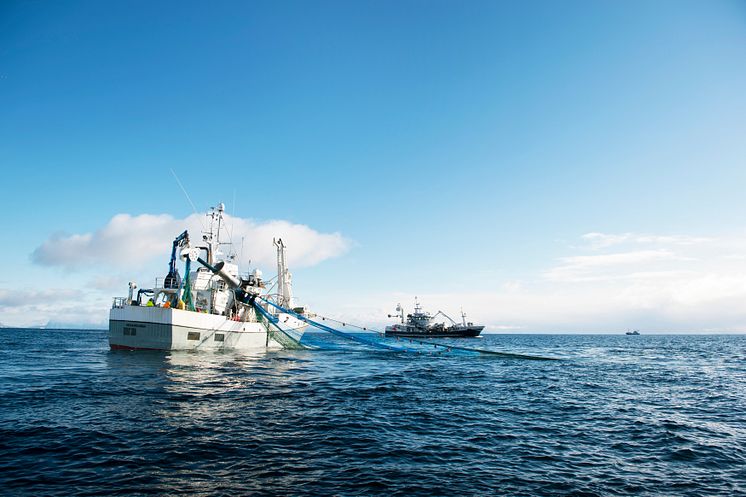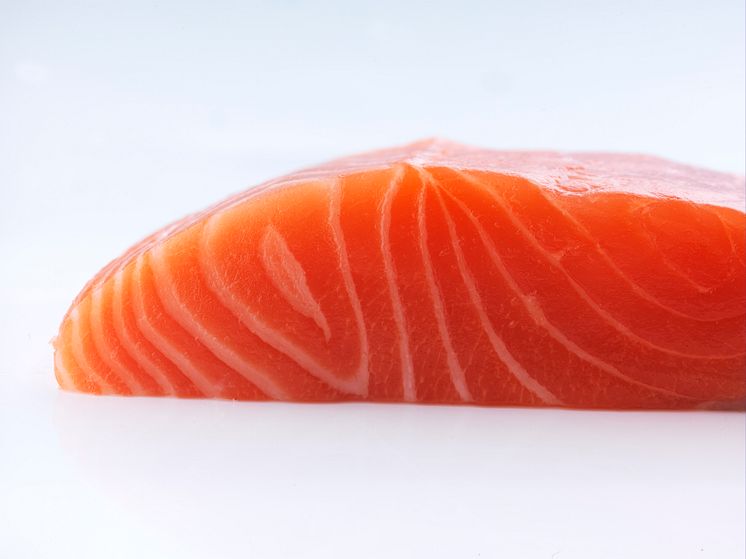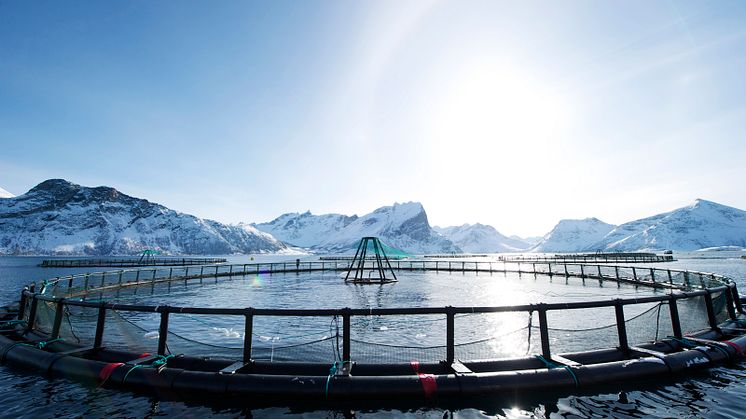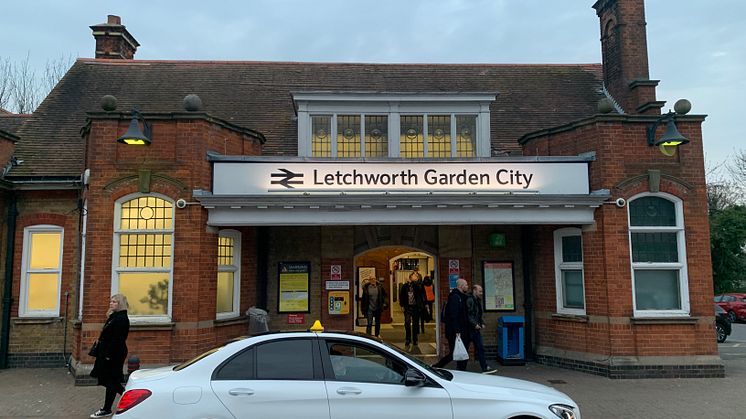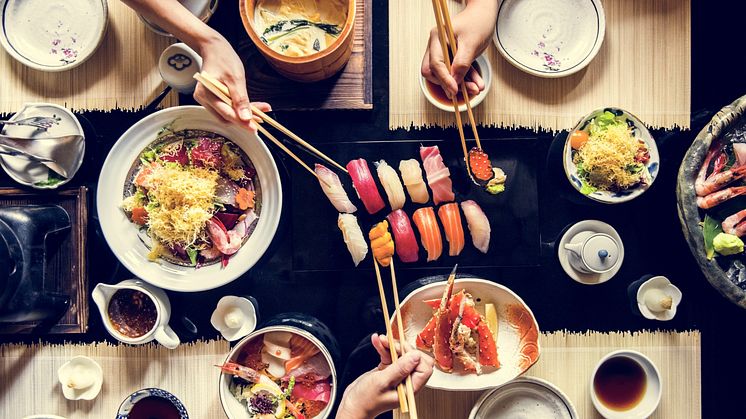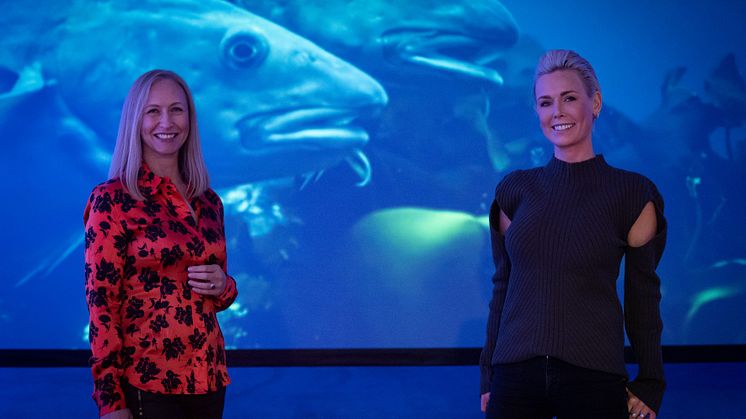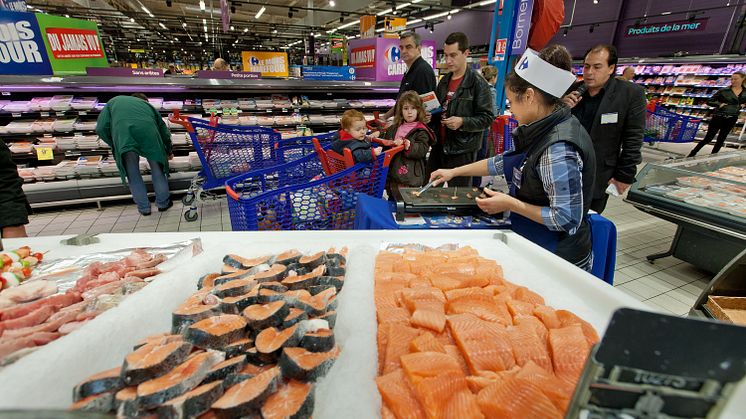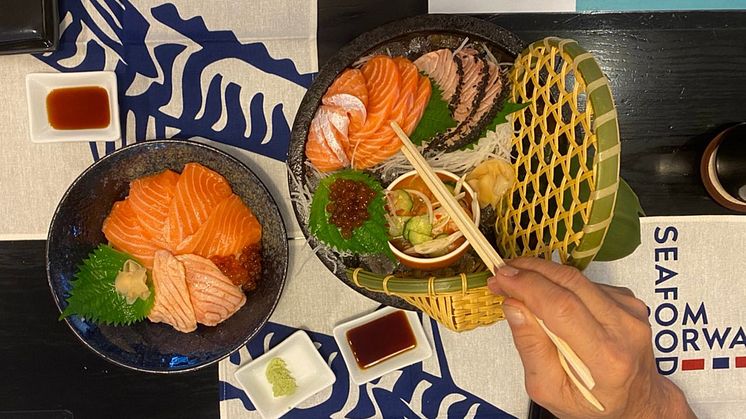
Press release -
Spotlight needs to shine on seafood in the future of food debate
“How can seafood play a part of the solution if it is continuously forgotten about in the debate about sustainable food systems,” asks Renate Larsen, CEO of the Norwegian Seafood Council.
For the fourth year in a row Norwegian aquaculture companies have topped the rankings of the world’s most sustainable protein production. The UN also points to seafood and specifically aquaculture as an important part of meeting growing global food demands. So why is seafood always left out of the debate?
“It continues to be frustrating that the dietary battle lines have been very much drawn between meat and plants, overlooking the immense potential of the oceans and sustainable seafood,” Larsen says.
Polarized debate
“There is now an increasing body of evidence supporting our narrative about the important role of sustainable seafood, but we still have a big job to do in translating this to consumers and to position ourselves in this currently very polarized debate,” Larsen says.
UN projections are that the world needs to produce 70 percent more food to meet dietary needs by 2050. But how can blue foods be a positive force for change, when it is being overlooked in a narrow debate with ‘meat-based’ on one side, and ‘plant-based’ on the other?
The Coller FAIRR index of protein producers recently ranked 60 of the world’s largest protein producers on parameters relating to sustainability. This year, like years before, Norwegian salmon farmers outperformed other major producers of meat, eggs and other proteins in all categories.
Earlier this autumn, the Blue Food Assessment – brought together more than 100 leading researchers from more than 25 scientific institutions –published several peer-reviewed papers mapping out the opportunities for seafood to deliver more sustainable, equitable and resilient food systems, as well as delivering healthy diets.
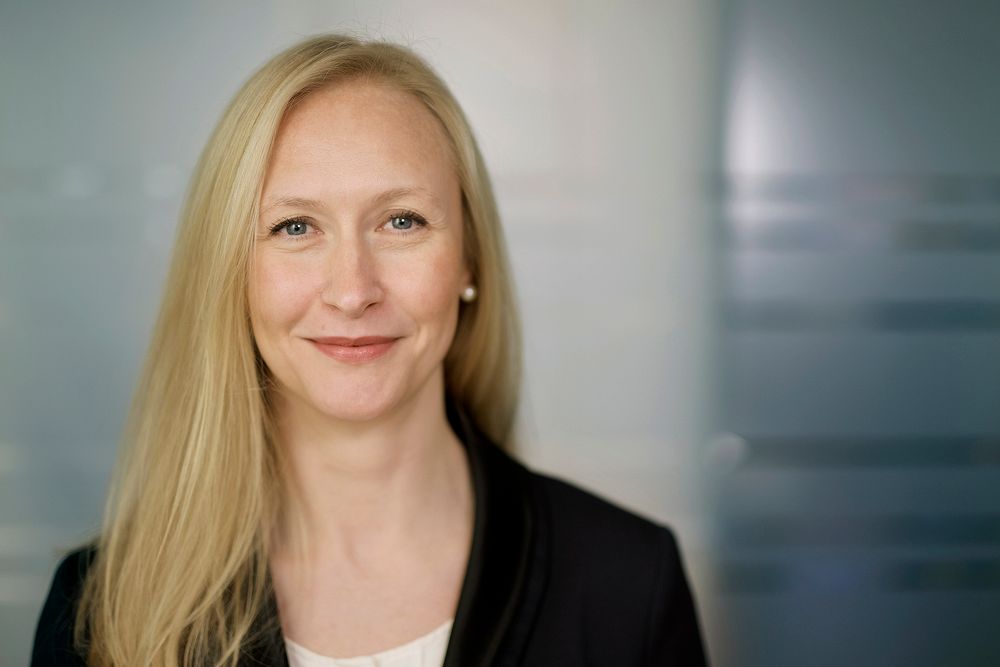
Invisible seafood at COP26
Despite being identified as a major part of the solution, seafood was also largely overlooked in the COP26 meetings not long ago. Healthy fisheries and sustainable seafood solutions were part of a separate UN panel discussion, ‘Blue Food: Businesses bridging nutrition needs with climate action’.
In the aftermath it was highlighted that the meetings failed to raise significant discussion about food security, and how we are going to continue to feed the world’s population. It has been mooted that the topic was “just too big” to cover well at COP26, but the subject is under discussion around the globe.
“If food was not a big focus, then seafood was more or less invisible. This has to change,” Larsen says.
Responsibility as a global leader in sustainable seafood
The challenge is a task the Norwegian Seafood Council would like to tackle head on. As the world’s largest generic marketing organization for seafood, working to promote seafood from Norway across global markets, Larsen believes her organization has a special responsibility:
“Norway, as the second largest exporter of seafood in the world, and a global leader when it comes to sustainable seafood production and aquaculture, we have a responsibility to help position sustainable seafood into the food debate.”
But she is clear that it is a challenge everyone in the seafood industry should get involved in.
“We must all continue to promote responsible and well-managed wild-catch fisheries, evolve sustainable aquaculture practices, and ensure that consumers can make conscious and well-informed decisions about what they eat.”
“In order to make this vital move towards more sustainable, ‘bluer’ diets, we must take action throughout the value chain, from government to producers, to retailers, and all the way to the consumer.”
Seafood out of the shadows
She believes now is the time for seafood to step out of the shadows.
“We really ought to elbow our way into the food debate, where seafood deserves to be seen, heard and considered a vital part of the puzzle of our food systems,” Larsen concludes.
Topics
Categories
The Norwegian Seafood Council works with the Norwegian fisheries and aquaculture industries to develop markets for Norwegian seafood through local market intelligence, market development and reputational risk management. The Seafood Council is headquartered in Tromsø and maintains local representatives in twelve of Norway's most important international markets. The Norwegian seafood industry finances the activities of the Norwegian Seafood Council via a tariff on all Norwegian seafood exports.
The Norwegian Seafood Council is a public company owned by the Ministry of Trade, Industry and Fisheries.


